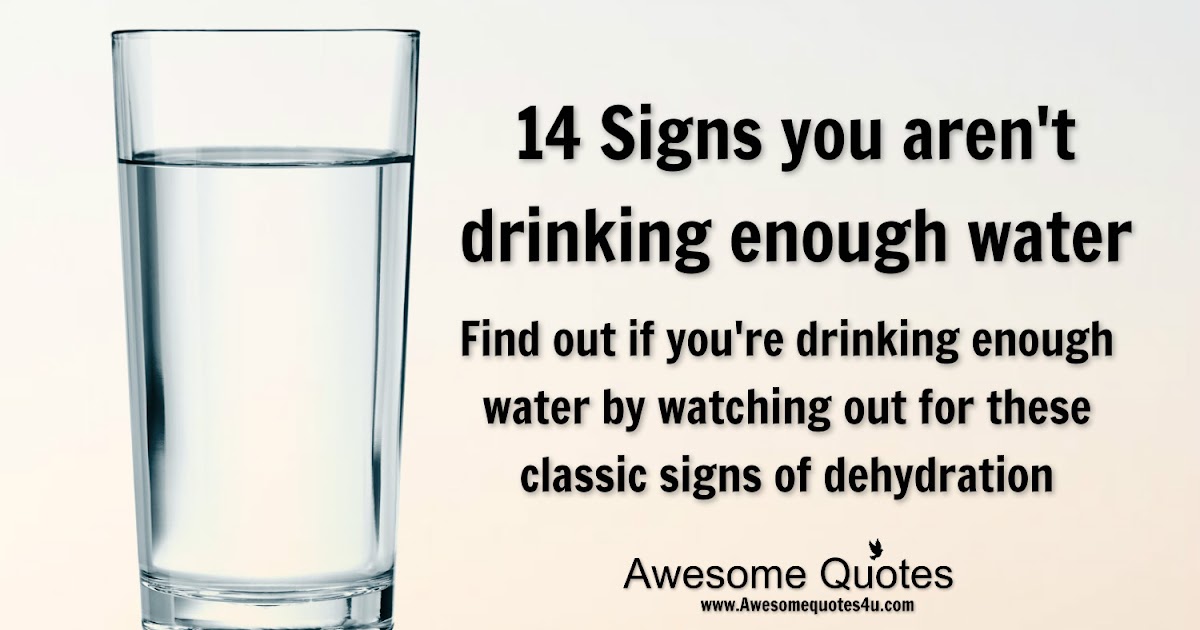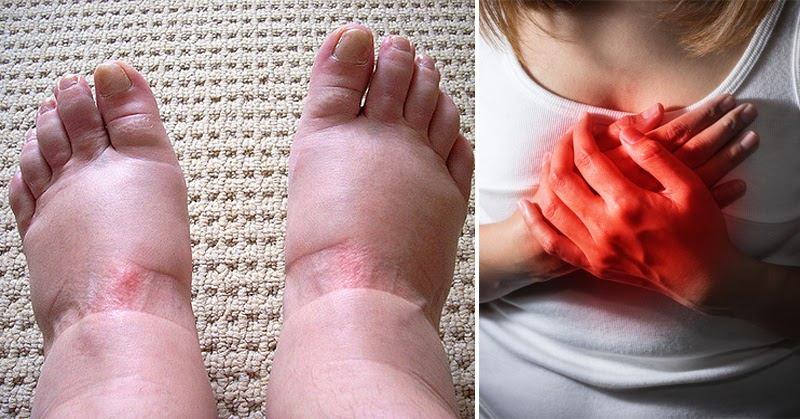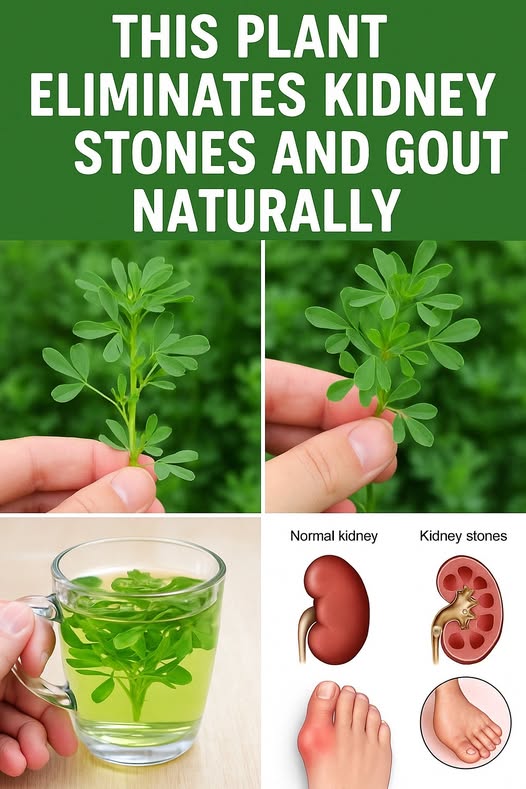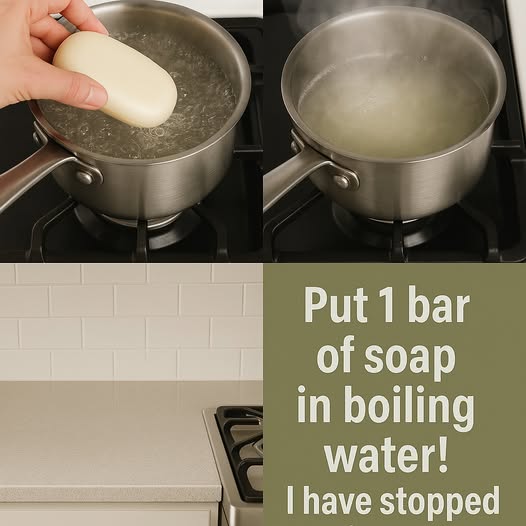
Do you know where your kidneys are located? Right under the rib cage, these vital organs are responsible for filtering 10-150 quarts of blood daily, ensuring the body functions smoothly and maintains healthy blood. They play a crucial role in eliminating excess fluids and waste, regulating electrolyte levels, keeping bones strong, producing red blood cells, and stabilizing blood pressure.
Warning Signs to Watch Out For
Swellings
One early sign of kidney trouble is swelling, as the kidneys may struggle to eliminate excess fluids effectively. This can result in bloating and swelling of the face, joints, and limbs.
Changes in Urination
Pay attention to any changes in your urine, as they can indicate kidney issues:
- Difficulty urinating
- Pressure during urination
- Dark, infrequent urination with small amounts
- Pale, frequent urination in large amounts
- Foamy urine
- Nighttime urge to urinate
Skin Rash
Accumulation of waste in the body due to kidney dysfunction can manifest as skin rashes and itching. These skin issues indicate internal problems that need to be addressed.
Fatigue
Healthy kidneys produce a hormone called EPO, which boosts red blood cell production. If red blood cell levels drop, fatigue can set in, affecting brain and muscle function.
Shortness of Breath
While common, shortness of breath can also be a symptom of kidney damage. Reduced oxygen delivery due to fewer red blood cells can be linked to toxin buildup in the lungs.
Metallic Taste in Mouth
Changes in taste, bad breath, and poor appetite are signs of waste accumulation in the blood, often associated with kidney problems.
Pain
Pain in the upper back, where the kidneys are located, can indicate kidney issues, especially when triggered by infections or kidney stones.
Poor Concentration and Dizziness
Inadequate oxygen flow to the brain due to anemia or kidney failure can lead to poor concentration, dizziness, and memory problems.
To support your kidney health, incorporate antioxidant-rich foods and supplements into your diet. Ensuring your kidneys receive proper nourishment can help them function optimally and process waste efficiently.



